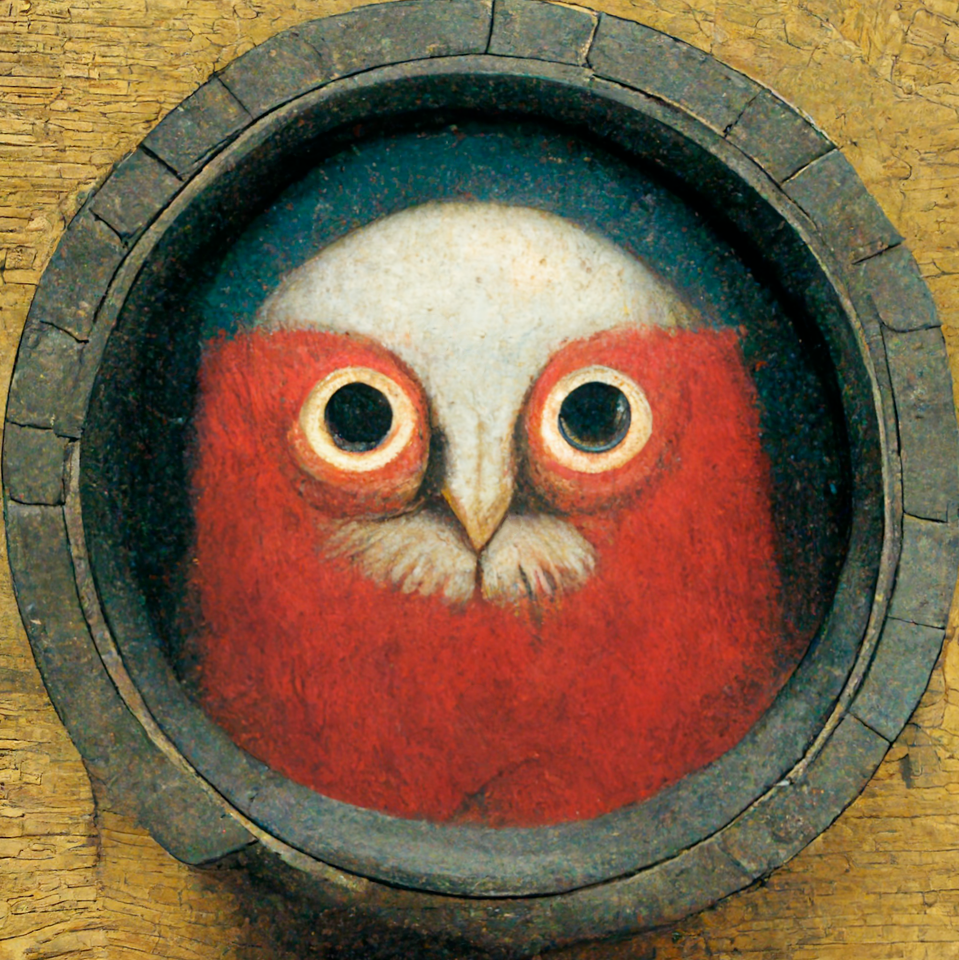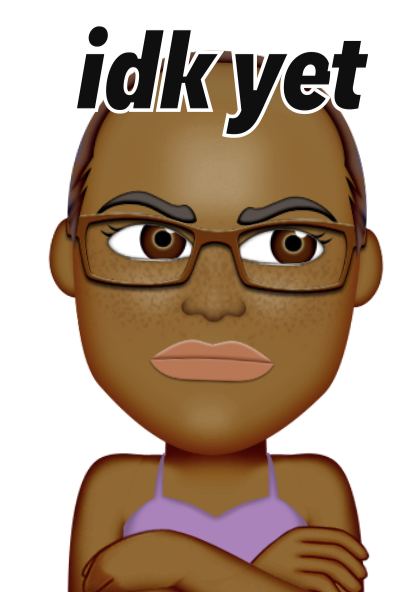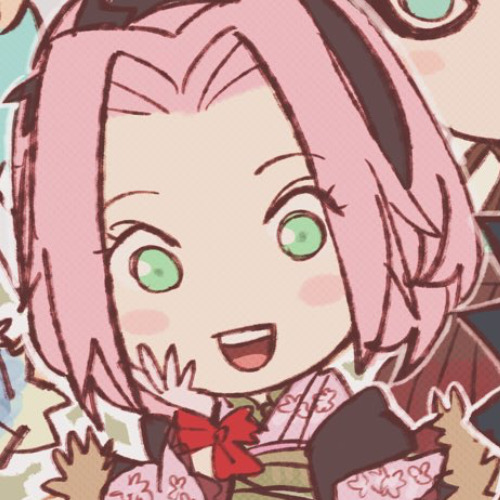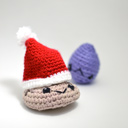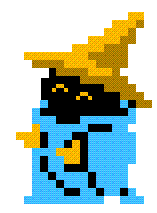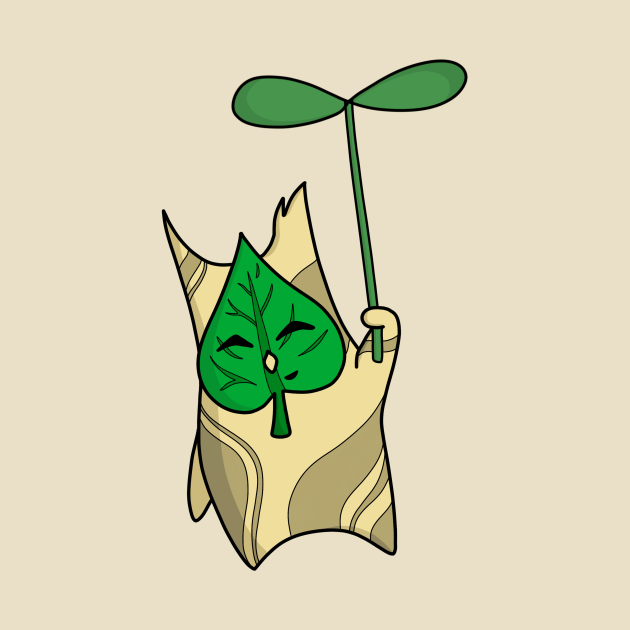I do, most of the time. I’ve always felt creative, I always have thousands of ideas and concepts for anything, be it a drawing, a song or a text of any kind, but regardless of what it is, anytime I sit down and try to make something I hate it, I hate it so deeply it disgusts me and kills any will to continue whatever it is I’m doing.
I tried to write some lyrics some days ago, it felt okay-ish until I wnt back and read it, at which point it feelt as if I was seeing someone else in the mirror: all the things, the ideas, the feelings I thought I put in it just aren’t there. It feels hollow, alien, repulsive.
I know I can’t be good as a beginner, but I’ve been a beginner in everything since I was a kid. And I kept trying and trying and trying, and every time I felt that feeling of disgust and repulsion, outrage even. I just can’t stand it anymore, and maybe “art”, or rather artistic self-expression, isn’t my thing? Maybe I keep trying to open a door that simply isn’t the one I’m supposed to open?
Did you ever feel this way and overcame it? I don’t even care about making whatever I make public, I just want to feel as if I gave shape to something I thought or felt.
Embrace the suckage.
I will never be able to create a painting like Dorothy Napangardi. But trying (and failing) made me have a deeper appreciation for her work. I can stand in front of one of her paintings, and know deep in my bones that it is far more complex than I can fully grasp because I’ve tried.
(If you ever get the chance to see any of her paintings in person, do it!)
Ahh!! I got to see the exhibition of her work at the Seattle Art Museum and it was amazing. My graduating final project for my art degree wayyy back was all about repetitious physical marks that involve the body; I wish I’d known about her art at that time as I think it lives in that realm too.
Thank you for introducing me to her work! It’s stunning.
I have an inner critic that I’m trying to understand. It’s a part of me protecting me from risk/vulnerability. My plan/hope is to appreciate that the critic is trying to protect me and also not have the last word. It’s hard. I’ve been in therapy forever, but that’s OK.
I believe editing words is its own special kind of hell, lol. Having to come back and look at some thing you wrote is … I’m trying to find a way to make that not be a drag and I haven’t found it yet.
Using drawing as an example, because that’s what I’m used to:
The problem (or good thing) with art is that it’s definitely a matter of mindset that lets you improve. See, everyone is a beginner at art!
There’s no such thing as an artist that doesn’t need to practice. Every artist has to practice gestures, figure drawings, environmental drawings, all those fundamentals that pop up in beginner courses. Eventually, they start to learn shortcuts. They start to memorize specific ways of drawing the torso bent a certain way that pops up in their art a lot. These shortcuts speed up their art, makes it seem like they’re a master, but…
They’re still beginners. They’re skilled, but they’re still in the beginning of their journey, because art is a life-long journey. It’s something you constantly improve at, constantly decline, constantly go on a roller coaster of failures after failures and success after success.
A beginning itself isn’t a failure. Actually, the majority of failed art isn’t a failure, because hey—your observation skills are good enough that you know whats wrong in your mind, you just have to figure out the way to get there and improve.
Some people are good at the artist mindset, and some people aren’t. It’s not a matter of talent, beginners vs pros, so forth. It’s just a matter of how you think of self-improvement and how you cope with things.
It’s very common to feel this way about your own work. Your eye is trained in both a broad sense and in the context of your own work, consequently you see a thousand flaws that a layman couldn’t even consider and even an outside expert would likely shrug off. Ira Glass called this “the gap”.
The way to move forward is both make the process as enjoyable as possible and also discipline yourself into doing it regularly enough to improve and flourish. I wish you luck.
This is going to sound insane but thank you so much for this comment!! I’ve had the concept of “the gap” in my head since 2012 thanks to Gavin Aung Than’s comic strip version of Ira’s quote, but somewhere along the line I completely forgot the source of both the quote and the comic and had never been able to rediscover it until you mentioned it here.
My primary avenue for art is in writing. I enjoy it quite a bit, and I like to think I can do it well.
I still feel as though I have not earned the right to call it art. I always refer to it as “my writing” or the like. It’s not, and will never be to me, truly artistic.
But that’s fine. I don’t need to prove that my writing is art to enjoy doing it. I don’t need to prove it to myself and others that it’s worth doing. The fact that I do write, and that I enjoy it, is all that I need.
Creating art gave me anxiety. I think it always did because I’ve always been nervous about it being good enough. I’ve taken so many hiatuses from making art. I thought it would be something I’d do as a career.
But I’ve finally accepted the fact that art stresses me out and I don’t want to do that on a daily basis. So I’ve pivoted towards programming instead. It was something I’ve done since I was a teenager and felt more at ease with. But a number of factors kept me from pursuing it early on.
I haven’t overcame my art anxiety. To be fair, my realizations and acceptance were recent so I haven’t had time to go through the process anyway. More focused on building out my programming profession at the moment.
Look, your first draft of anything is always going to be garbage. I’ve been writing for more than 10 years, and every short story, novel, poem, and screenplay is total trash on the first draft. Maybe I’ll get to a point at which that’s no longer true, but it hasn’t happened yet.
Part of the solution is in changing your mindset. Don’t read it and say “This is shit”, read it like a friend handed to you, and ask “What would make this better?” Is the pacing off? Is there too much exposition? Do the emotional moments fall flat? Why? What would you expect to see there? THAT is where the creative process actually starts. Everything before that is just organized, documented brainstorming. The creation is in taking those puzzle pieces and putting them together right.
The “uncarved block” isn’t the blank page, it’s the first draft.
I always try to look at it as a work in progress. it isn’t finished yet till all layers of paint have dried and when I hate something in a text I try to point to find out what, why and how can it be better. Wich result in a never ending cycle of editing, but each time there is a little less hate and after a while I even start to think this might be even something I can be oke with. (even if it needs a “Little” more work) Just don’t give up, it will be better in the end, and till than it might be part of your process.
I definitely feel this way, all the time. Overcome it? I’ve never overcome seeing the problems and being frustrated, but I guess I did overcome the feelings that made me never want to create again. Creating makes me feel calm and good. If I look back later I’ll be disappointed, but that doesn’t change how that creative outlet helped me mentally at the time.
Keep going! We all suck in our own eyes more often than not, but it sure does feel good in the moment.
I’m a professional artist, and TBH, I want to burn every painting I make after the first layer. Like anything else, one just has to trust the process and do the work. If you work in oils it’s a little more expensive for material, but it takes a few days for the layers to dry, so you have plenty of time to make sure you like the decisions you made.
Observe.

Make the thing and let it go. At least for a while. If it’s art, give it away. If it’s written or sung and you’ve got a copy, put it aside to rest for a while. It took me a while to realize the value to myself was in the creative work that takes place in the moment. The product that was the result was just a castoff, even though that’s all i had to show others. It’s okay for things to be not quite right. It’s okay to you as a creator to feel like you’re falling short of whatever artistic standard you set for yourself. Just make the thing. Then make another thing. The power and value is in the making. And eventually, if you’re stubborn enough, you won’t care if you love or hate the thing after you make it.
There’s also a fun little cheat I’ll do when I’m frustrated trying to create something. I’ll try to ape someone else’s style. See how close I can get to creating an original piece (for me it’s writing and music) that is completely in another artist’s voice. It instantly takes the pressure off because it’s more like an exercise but keeps me interested enough to finish it and see how close I can get.
I always learn a few things; new techniques I might have never tried or discovered on my own, finding my own unavoidable fingerprint in the end result (no matter how good the imitation) is a clue to what I sound like and almost every time it makes me want to do my own very different new thing.
nope. i know art aint my thing. its fine not everyone needs be an artist.


